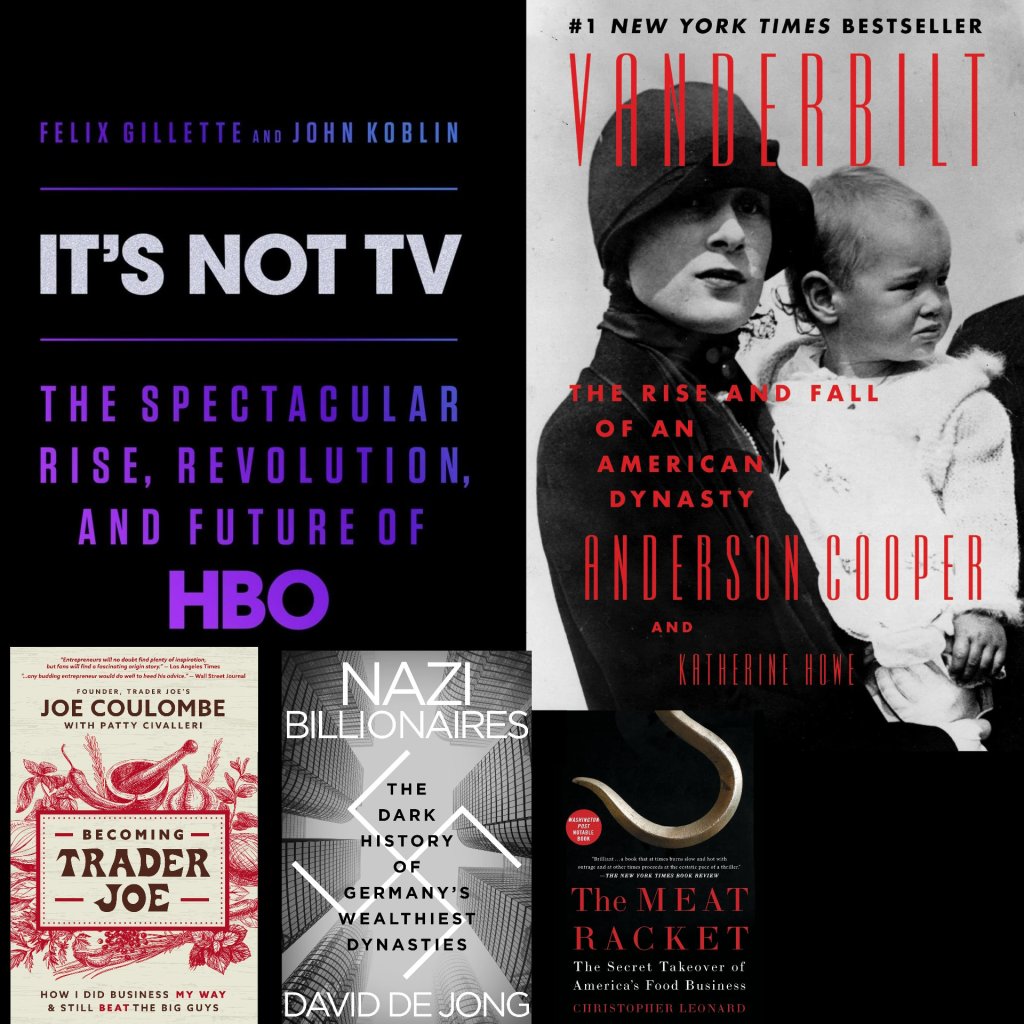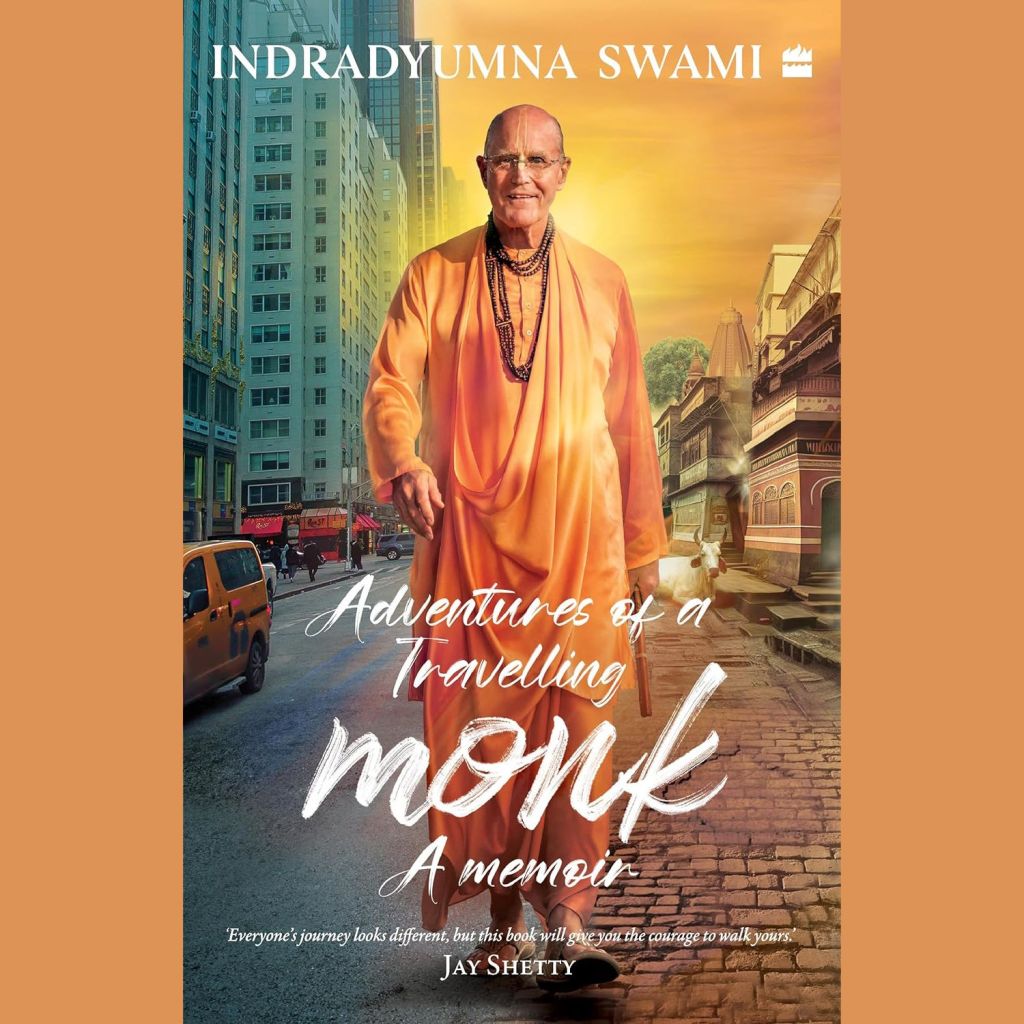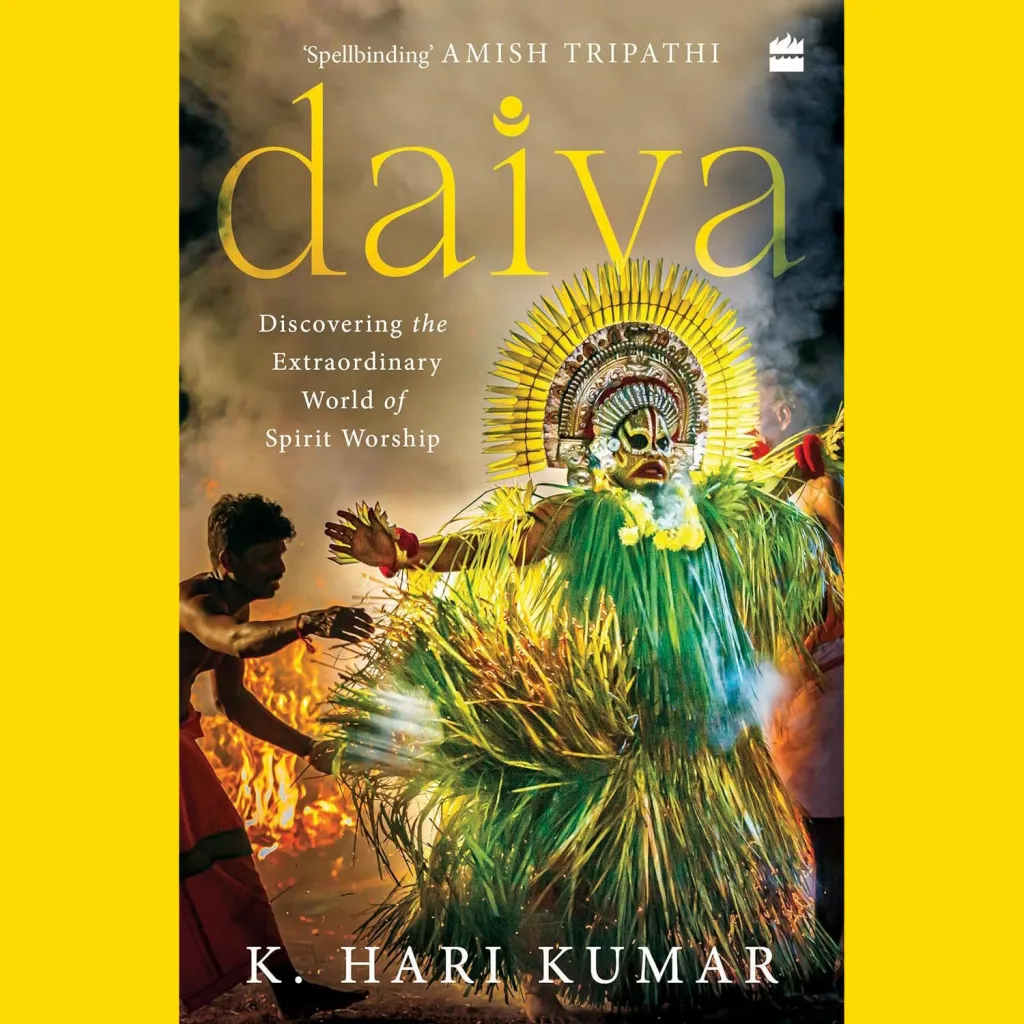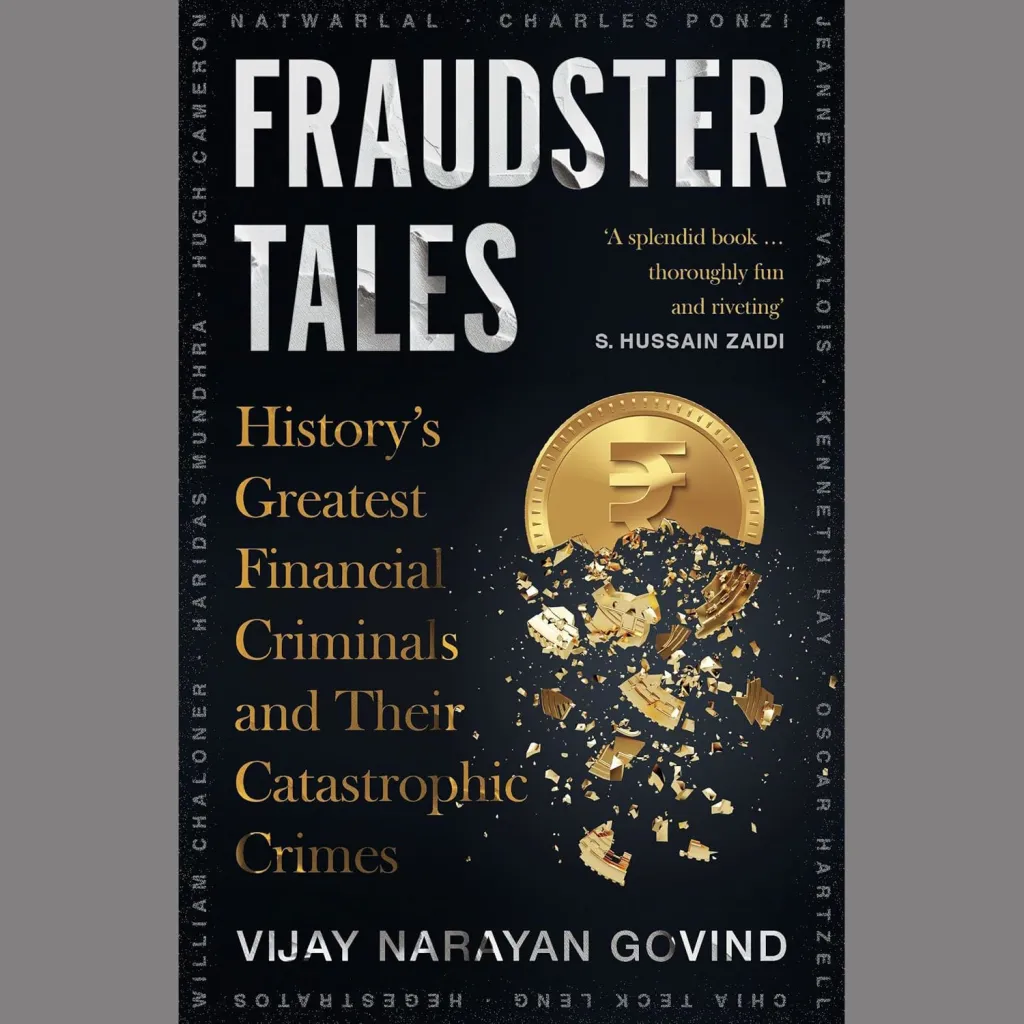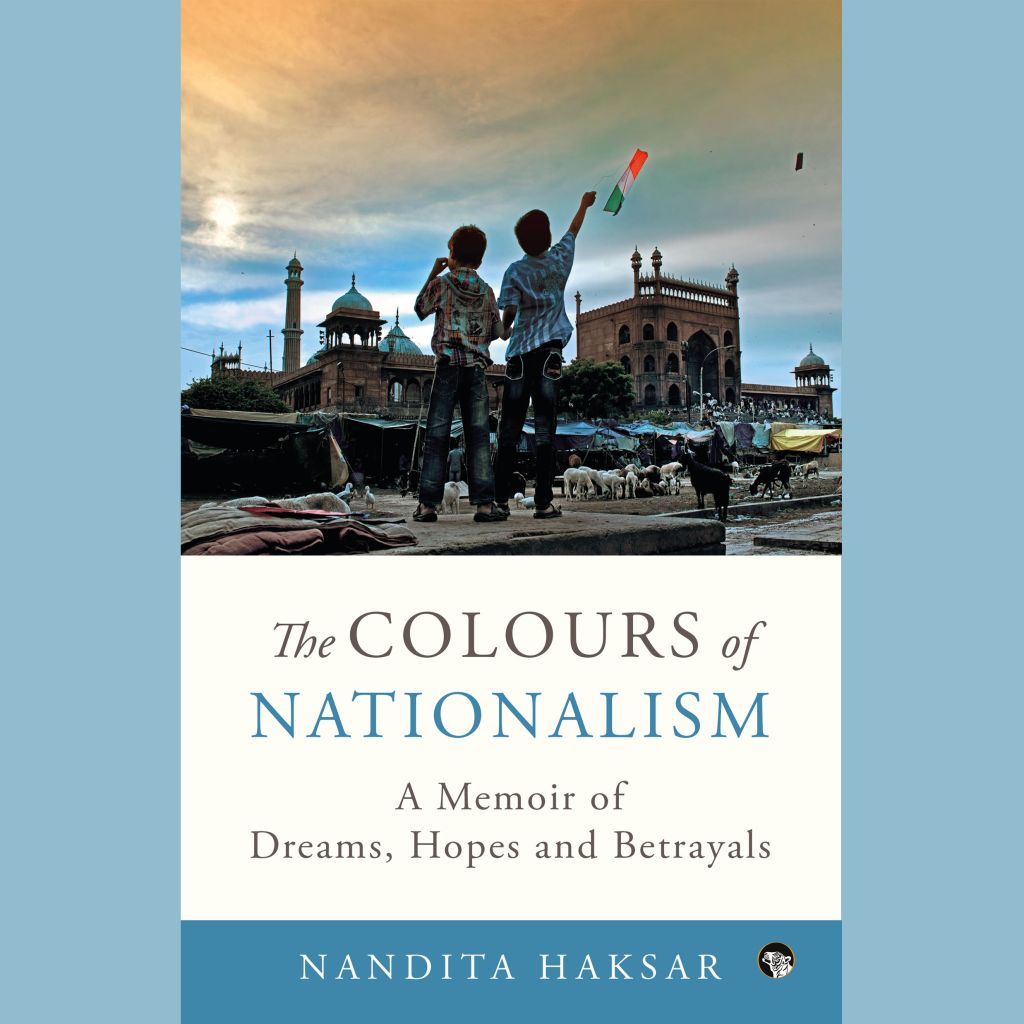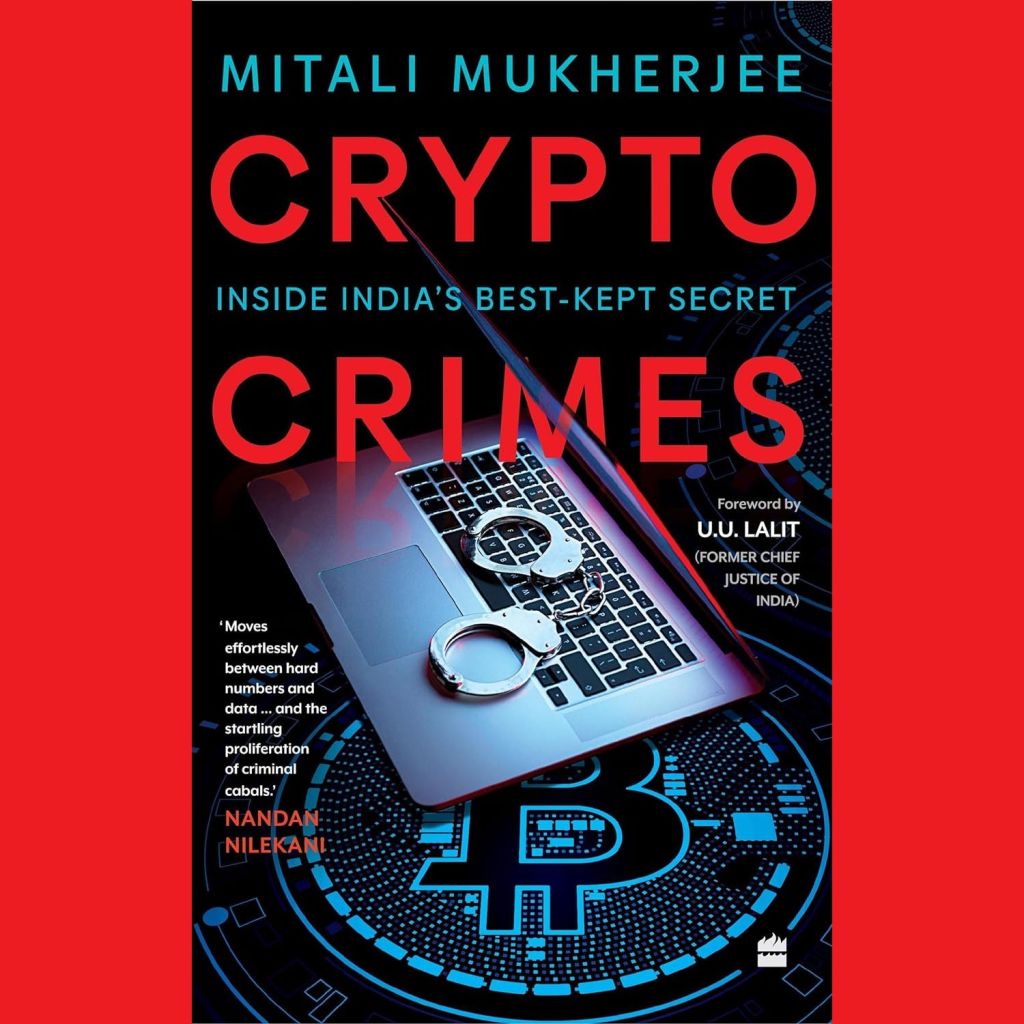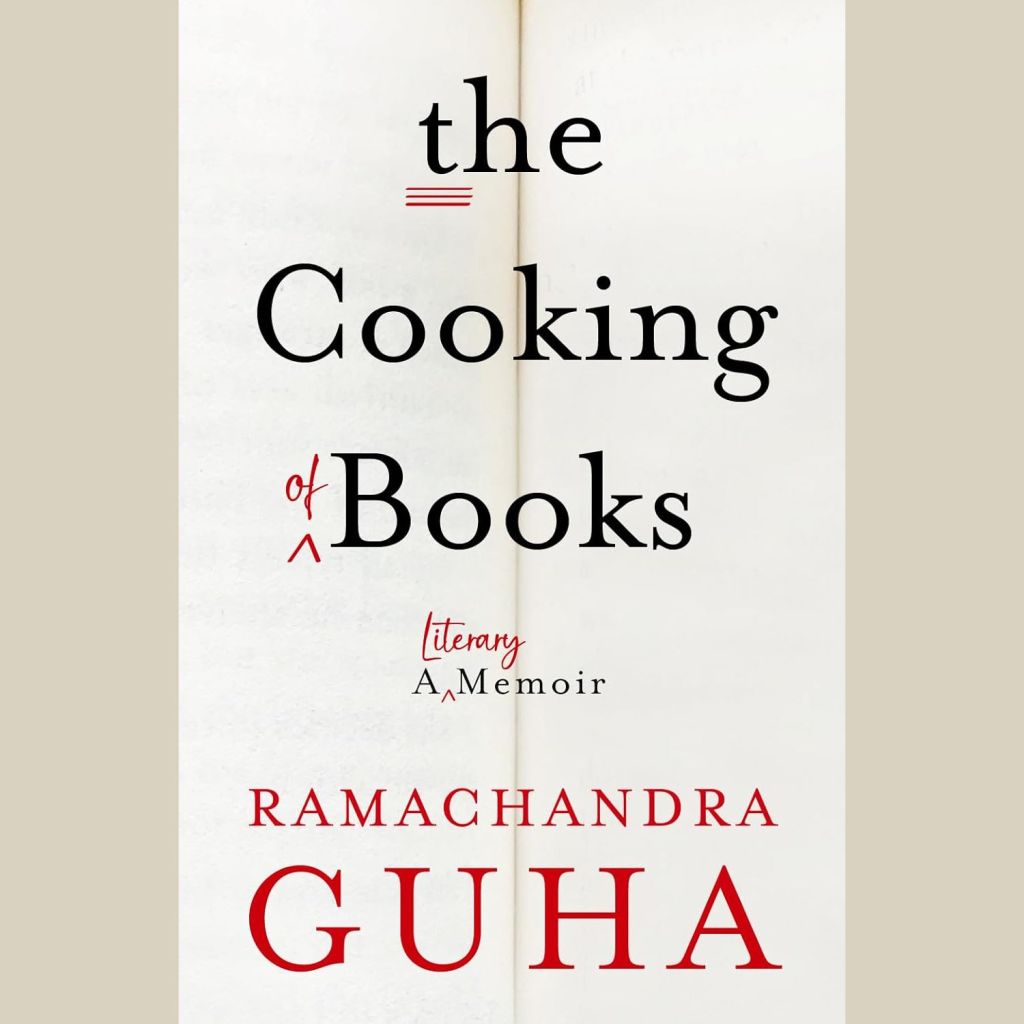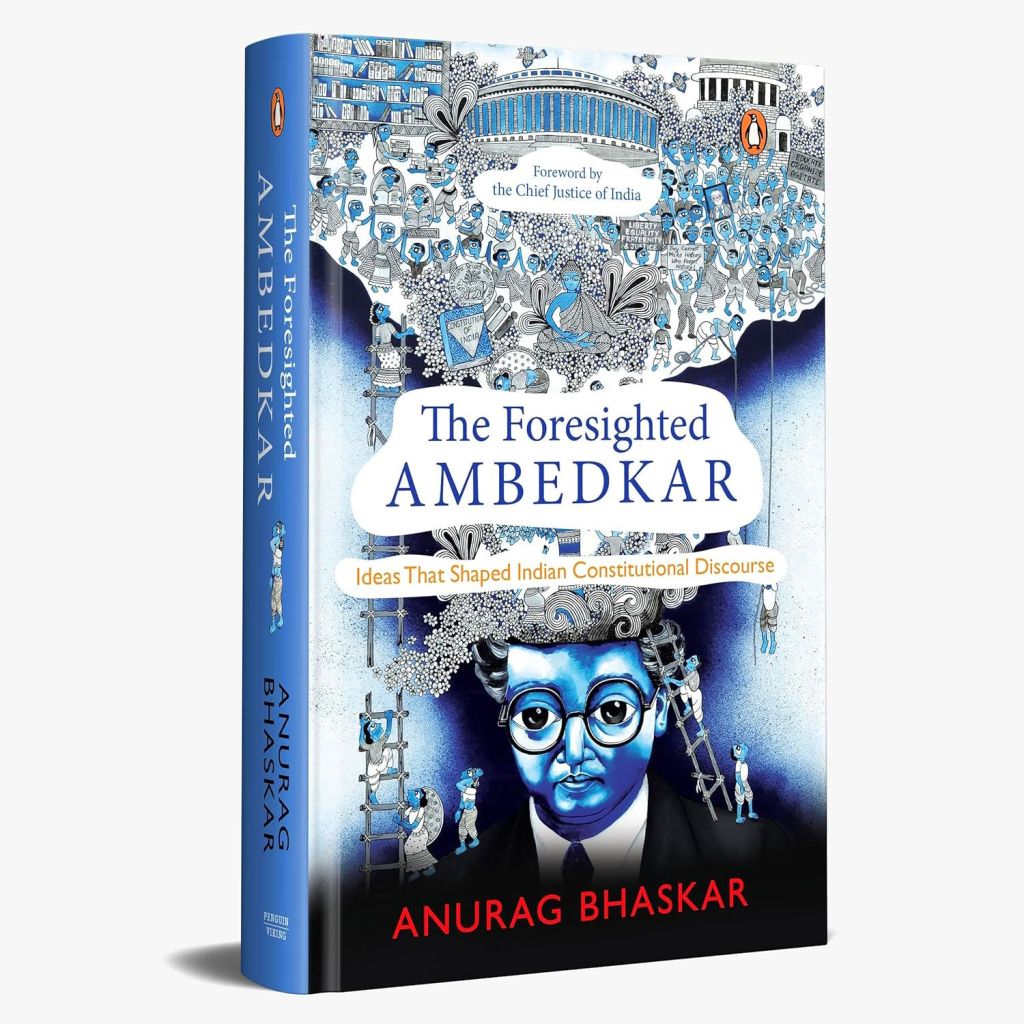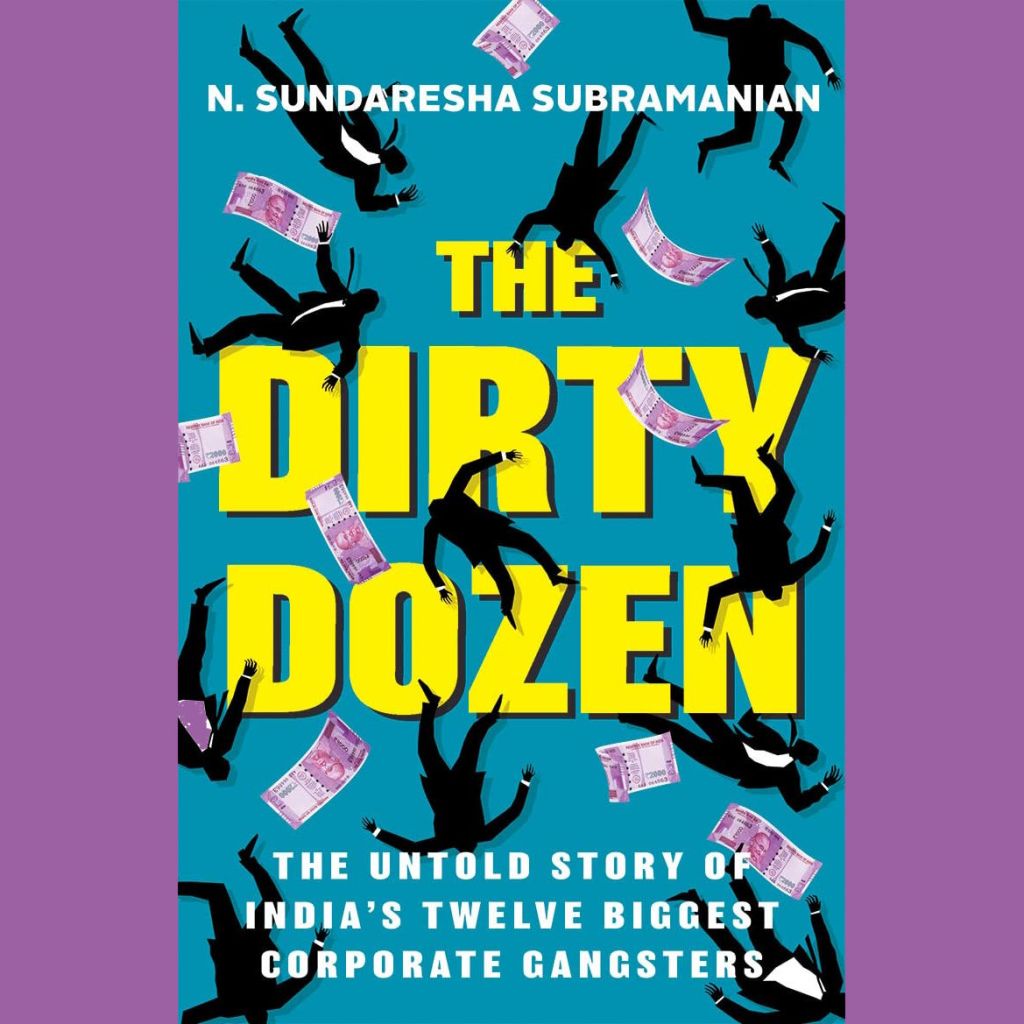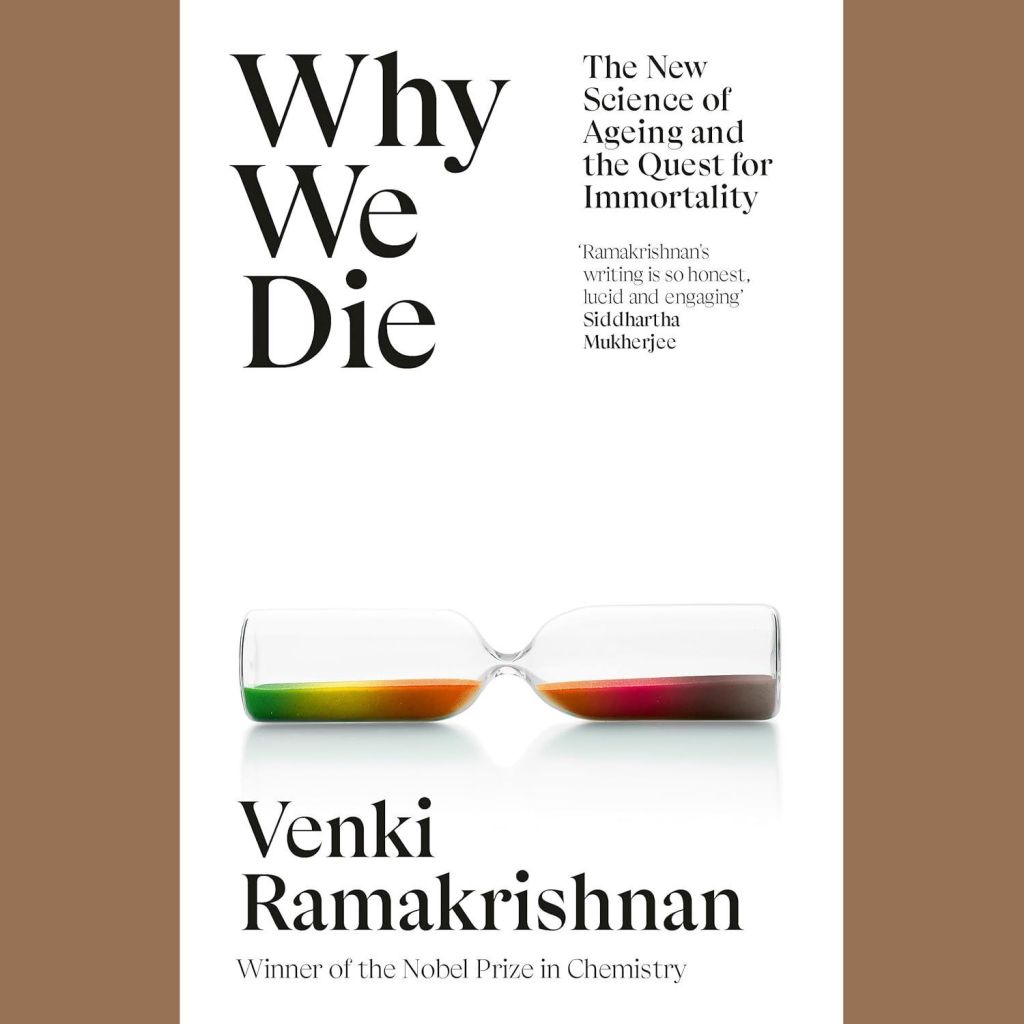Our must-reads wishlist for February is a mixed bag, with books on television and the future of entertainment, the business of shopping, hidden secrets of the food business, ill-gotten wealth and one of the wealthiest families of America of the 19th and 20th centuries. Let’s get right into it.

It’s Not TV: The Spectacular Rise, Revolution, and Future of HBO, by Felix Gillette and John Koblin
‘HBO changed how stories could be told on TV; The Sopranos, Sex and the City, The Wire, Game of Thrones. The network’s meteoric rise heralded the second golden age of television with serialized shows that examined and reflected American anxieties, fears, and secret passions through complicated characters who were flawed and often unlikable. HBO’s own behind-the-scenes story is as complex, compelling, and innovative as the dramas the network created, driven by unorthodox executives who pushed the boundaries of what viewers understood as television at the turn of the century. Originally conceived by a small upstart group of entrepreneurs to bring Hollywood movies into living rooms across America, the scrappy network grew into one of the most influential and respected players in Hollywood. It’s Not TV is the deeply reported, definitive story of one of America’s most daring and popular cultural institutions, laying bare HBO’s growth, dominance, and vulnerability within the capricious media landscape over the past fifty years,’ says the publisher’s note.
‘Through the visionary executives, showrunners, and producers who shaped HBO, seasoned journalists Gillette and Koblin bring to life a dynamic cast of characters who drove the company’s creative innovation in astonishing ways – outmanoeuvring copycat competitors, taming Hollywood studios, transforming 1980s comedians and athletes like Chris Rock and Mike Tyson into superstars, and in the late 1990s and 2000s elevating the commercial-free, serialized drama to a revered art form. But in the midst of all its success, HBO was also defined by misbehaving executives, internal power struggles, and a few crucial miscalculations. As data-driven models like Netflix have taken over streaming, HBO’s artful, instinctual, and humanistic approach to storytelling is in jeopardy. Taking readers into the boardrooms and behind the camera, It’s Not TV tells the surprising, fascinating story of HBO’s ascent, its ground-breaking influence on American business, technology, and popular culture, and its increasingly precarious position in the very market it created,’ it adds.
‘Throughout their comprehensively detailed account, Gillette and Koblin remain fair-minded in their reportage, accentuating not only HBO’s successes, but also its many failures. Though their brisk narrative is straightforward, it contains plenty of business melodrama. Entertainment buffs will find this report of a risk-taking network fascinating,’ says Kirkus.

Becoming Trader Joe: How I Did Business My Way and Still Beat the Big Guys, by Joe Coulombe and Patty Civalleri
‘Build an iconic shopping experience that your customers love, and a work environment that your employees love being a part of. Using this blueprint, visionary founder Joe Coulombe founded what would become Trader Joe’s in the late 1960s and helped shape it into the beloved, quirky food chain it is today. Realizing early on that he could not compete and win by playing the same game his bigger competitors were playing, he decided to build a store for educated people of somewhat modest means. He brought in unusual products from around the world and promoted them in the Fearless Flyer, providing customers with background on how they were sourced and their nutritional value. He also gave the stores a tiki theme to reinforce the exotic trader ship concept with employees wearing Hawaiian shirts. In this way, Joe laid down a blueprint for other business owners to follow to build their own unique shopping experience that customers love, and a work environment that employees love being a part of,’ says the publisher’s note.
‘In Becoming Trader Joe, Joe shares the lessons he learned by challenging the status quo and rethinking the way a business operates. How moving from a pure analytical approach to a more creative, problem-solving approach can drive innovation. How finding an affluent niche of passionate customers can be a better strategy than competing on price and volume. How questioning all aspects of the way you do business leads to powerful results. How to build a business around your values and identity,’ it adds.
‘Trader Joe’s founder Coulombe details the company’s rise from a plucky grocery operation to industry heavyweight with legions of loyal customers in his inspiring and revealing debut. He largely focuses on the often-surprising decisions behind the company’s success, covering the company’s strategies for buying, advertising, distributing, and day-to-day operations since opening in 1967. Readers interested in the fascinating history behind a beloved brand – and entrepreneurs looking for guidance on how to think out of the box – need look no further,’ says Publishers Weekly. ‘Any student of social trends, logistics, and supply chains will learn much from Coulombe’s pages and the stern dicta they contain, as, for example, when he offers this formula: ‘my preference is to have a few stores, as far apart as possible, and to make them as high-volume as possible.’ Sure to be required reading in business school – and for fans of Coulombe’s creation as well,’ adds Kirkus.

The Meat Racket: The Secret Takeover of America’s Food Business, by Christopher Leonard
‘An investigative journalist takes you inside the corporate meat industry—a shocking, in-depth report every American should read. How much do you know about the meat on your dinner plate? Journalist Christopher Leonard spent more than a decade covering the country’s biggest meat companies, including four years as the national agribusiness reporter for the Associated Press. Now he delivers the first comprehensive look inside the industrial meat system, exposing how a handful of companies executed an audacious corporate takeover of the nation’s meat supply. Leonard’s revealing account shines a light on the inner workings of Tyson Foods, a pioneer of the industrial system that dominates the market. You’ll learn how the food industry got to where it is today, and how companies like Tyson have escaped the scrutiny they deserve. You’ll discover how these companies are able to raise meat prices for consumers while pushing down the price they pay to farmers. And you’ll even see how big business and politics have derailed efforts to change the system, from a years-long legal fight in Iowa to the Obama administration’s recent failed attempt to pass reforms. Important, timely, and explosive, The Meat Racket is an unvarnished portrait of the food industry that now dominates America’s heartland,’ says the publisher’s note.
‘Leonard, a fellow at the New America Foundation and former national agribusiness reporter for the Associated Press, debuts with a richly detailed examination of factory farming, which has reshaped small-town life for the worse in Arkansas, Iowa, Oklahoma and elsewhere, leaving a handful of huge companies with unprecedented control over the US meat supply. An authoritative look at a ruthlessly efficient system,’ says Kirkus. ‘Only a very good writer could turn a story about chickens, hogs and cattle into a thriller, and Leonard is that. He brings his characters to life,’ adds The Washington Post. We’ll note here that this book and the poultry farming practices mentioned therein are more relevant to the US than to India, but may still be a very interesting and relevant read nevertheless. Plus, who really knows what’s happening in India (maybe something on similar lines, even if on a smaller scale…?), since there doesn’t seem to be much transparency here, either.

Nazi Billionaires: The Dark History of Germany’s Wealthiest Dynasties, by David de Jong
‘A groundbreaking investigation of how the Nazis helped German tycoons make billions off the horrors of the Third Reich and World War II – and how America allowed them to get away with it. In 1946, Günther Quandt – patriarch of Germany’s most iconic industrial empire, a dynasty that today controls BMW – was arrested for suspected Nazi collaboration. Quandt claimed that he had been forced to join the party by his arch-rival, propaganda minister Joseph Goebbels, and the courts acquitted him. But Quandt lied. And his heirs, and those of other Nazi billionaires, have only grown wealthier in the generations since, while their reckoning with this dark past remains incomplete at best. Many of them continue to control swaths of the world economy, owning iconic brands whose products blanket the globe. The brutal legacy of the dynasties that dominated Daimler-Benz, cofounded Allianz, and still control Porsche, Volkswagen, and BMW has remained hidden in plain sight – until now,’ says the publisher’s note.
‘In this landmark work of investigative journalism, David de Jong reveals the true story of how Germany’s wealthiest business dynasties amassed untold money and power by abetting the atrocities of the Third Reich. Using a wealth of previously untapped sources, de Jong shows how these tycoons seized Jewish businesses, procured slave laborers, and ramped up weapons production to equip Hitler’s army as Europe burned around them. Most shocking of all, de Jong exposes how America’s political expediency enabled these billionaires to get away with their crimes, covering up a bloodstain that defiles the German and global economy to this day,’ it adds.
‘David de Jong’s Nazi Billionaires: The Dark History of Germany’s Wealthiest Dynasties is a provocative group portrait of five industrialists who expanded their fortunes by colluding with Hitler and then, after World War II, walked away with minimal punishment and barely a dent in their bottom lines. Today these dynasties are worth billions. [These] billionaire dynasties keep in place their moral blinders, screening from fuller view the vast darkness on which their fortunes were founded. The author, an investigative journalist and former reporter at Bloomberg News, compels us to confront the current-day legacy of these Nazi ties,’ says The Wall Street Journal.

Vanderbilt: The Rise and Fall of an American Dynasty, by Anderson Cooper and Katherine Howe
‘New York Times bestselling author and journalist Anderson Cooper teams with NYT bestselling historian and novelist Katherine Howe to chronicle the rise and fall of a legendary American dynasty – his mother’s family, the Vanderbilts. When eleven-year-old Cornelius Vanderbilt began to work on his father’s small boat ferrying supplies in New York Harbour at the beginning of the nineteenth century, no one could have imagined that one day he would, through ruthlessness, cunning, and a pathological desire for money, build two empires – one in shipping and another in railroads – that would make him the richest man in America. His staggering fortune was fought over by his heirs after his death in 1877, sowing familial discord that would never fully heal. Though his son Billy doubled the money left by ‘the Commodore,’ subsequent generations competed to find new and ever more extraordinary ways of spending it. By 2018, when the last Vanderbilt was forced out of The Breakers – the seventy-room summer estate in Newport, Rhode Island, that Cornelius’s grandson and namesake had built – the family would have been unrecognizable to the tycoon who started it all. Now, the Commodore’s great-great-great-grandson Anderson Cooper, joins with historian Katherine Howe to explore the story of his legendary family and their outsized influence,’ says the publisher’s note.
‘Cooper and Howe breathe life into the ancestors who built the family’s empire, basked in the Commodore’s wealth, hosted lavish galas, and became synonymous with unfettered American capitalism and high society. Moving from the hardscrabble wharves of old Manhattan to the lavish drawing rooms of Gilded Age Fifth Avenue, from the ornate summer palaces of Newport to the courts of Europe, and all the way to modern-day New York, Cooper and Howe wryly recount the triumphs and tragedies of an American dynasty unlike any other. Written with a unique insider’s viewpoint, this is a rollicking, quintessentially American history as remarkable as the family it so vividly captures,’ it adds.
‘The co-authors of Vanderbilt: The Rise and Fall of an American Dynasty, journalist Anderson Cooper and novelist and historian Katherine Howe, posit that the Vanderbilt family suffered from a ‘pathology’ of obsession with material wealth that led to their downfall. The authors elevate the drama of the Vanderbilts’ stories by injecting emotion, gleaned from journals and memoirs of the Vanderbilt women, and describing clothes and settings in cinematic detail,’ says New York Journal of Books.
More Stories:
adventure advertising Allahabad Apple astrology audiobooks Banaras best-of lists Bombay book marketing business Calcutta cheap reads cityscapes corporate culture design fiction food Hinduism hippies history India Japan journalism journalists libraries literary agents memoirs memories money Mumbai music my life with books Persian photojournalism publishers publishing religion science-fiction self-help technology travel trends Varanasi wishlists

